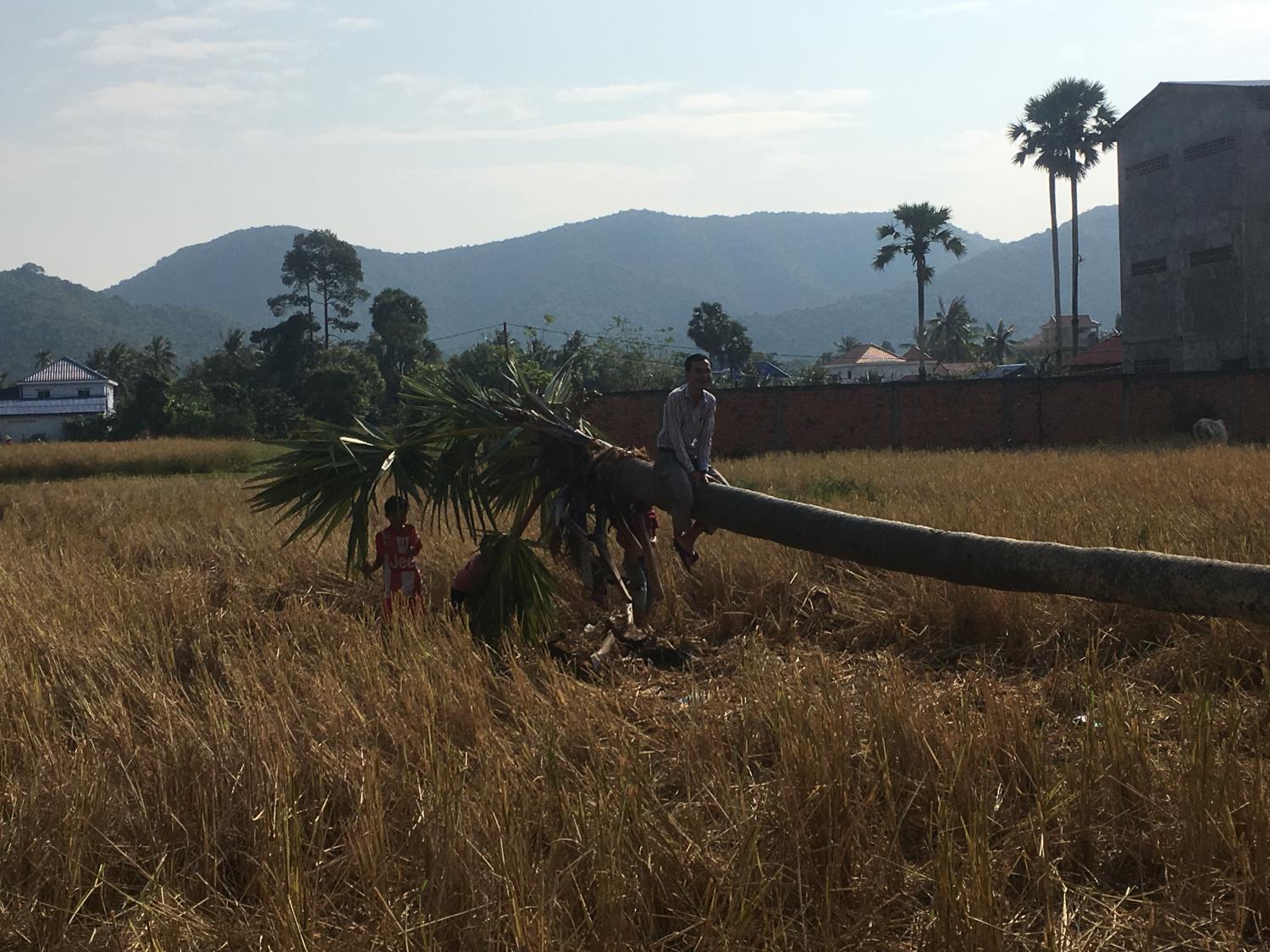How iDE Hydrologic is delivering clean water solutions to rural Cambodians
January 24, 2019
Hydrologic has a simple mission: it builds, distributes and sells water filters to rural customers in Cambodia. Its water filters improve public health and reduce the environmental impact of clean water access.
About 3.9 million Cambodians lack access to clean water, so most rural families have to purchase bottled water from a market or boil water at home.1 Both options are time-consuming and environmentally harmful, but they are necessary to prevent disease. According to UNICEF: "diarrhoeal diseases alone account for one-fifth of the deaths of children age 5 and under in Cambodia."2
Hydrologic's ceramic filters, manufactured in Cambodia, are inexpensive, durable and can provide a family 30 liters of clean water per day. Hydrologic's internal impact assessments are clear: families that use their filters live healthier and more secure lives.3
Though the benefits might seem self-evident, the sales process is complex. Rural communities are spread widely and an explanation of how to use the water filter must be done in person. Hydrologic employs ceramic filter experts to travel throughout the country to make sales presentations to villages, an old fashioned strategy to drive sales and improve access to clean water. Last week, I attended a sales demo in a small village near Kep, just over the hill from the ocean. I was able to learn more about the benefits Hydrologic is providing and see the pros and cons of in-person sales firsthand.
Even before Ms. Champey, the ceramic water expert, arrived, the group of women she was meeting had already gathered in the shade of a verandah. They chatted, laughed and a few had brought coffee with them. Children sat with their parents, with roosters and dogs rounding out the audience. Ms. Champey started her presentation with a flipbook of laminates that explained the various benefits of drinking filtered water.
The women listened raptly at first, but she was soon fighting for their attention. The children got more and more restless and were soon off to play. They were especially taken with Mr. Bora, a Hydrologic project manager as well as my translator and driver, who was bouncing up and down on a fallen palm tree. When one of the children brought over a baby monkey, the group was again distracted. Ms. Champey gamely carried on and finished her pitch.
Afterward, she told me that she'd only been in her position for a month and was still developing her sales skills. She had a lot of information to get through, and in a way, her sales pitch was also a public health lesson. There weren’t any buyers that day, but she was already scheduling a follow-up for the next week. The local women would have a bit more time to consider the information she had presented, and perhaps they'd also consider the time they would save if they had clean water easily available instead of tending a fire and a kettle or walking to a local market.
 Mr. Bora takes part in a Kep carnival ride.
Mr. Bora takes part in a Kep carnival ride. Ms. Champey explained that her best sales meetings were with groups where someone had already purchased a filter. A testimonial from a neighbor is always effective, especially when they can verify the benefits of drinking clean water. But beyond immediate sales, there is a benefit to Hydrologic’s presence in these communities.
Discussing water-borne illnesses, time savings, negative environmental effects of burning charcoal and encouraging rural economic development, starts conversations that can continue even after the sales staff has moved on to their next appointment.
Throughout the rest of the week, I met other borrowers and heard firsthand about their experiences with the filters. Ms. Champey and her fellow sales staff left happy and satisfied customers. The group sales presentations are ongoing and with the assistance from Kiva's lending community, Hydrologic is reaching its goals - one family at a time.
To support clean water and sanitation efforts, click here.
 This was definitely maybe fun.
This was definitely maybe fun. 1 Progress on drinking water, sanitation and hygiene: 2017 update and SDG baselines. Geneva: World Health Organization (WHO) and the United Nations Children’s Fund (UNICEF), 2017 (http://www.who.int/water_sanitation_health/publications/jmp-2017/en/)
2 Water, Sanitation and Hygiene. Geneva: United Nations Children's Fund (UNICEF), 2014 (https://www.unicef.org/cambodia/8.WASH.pdf)
3 Hydrologic: Infiltrating the market. Phnom Penh: iDE Hydrologic, 2015 (http://www.hydrologichealth.com/wp-content/uploads/2011/03/15-07-20-Hydrologic-Case-Study1.pdf)
PREVIOUS ARTICLE
5 New Year celebrations from around the world →NEXT ARTICLE
How Kiva restored my belief in humanity →













